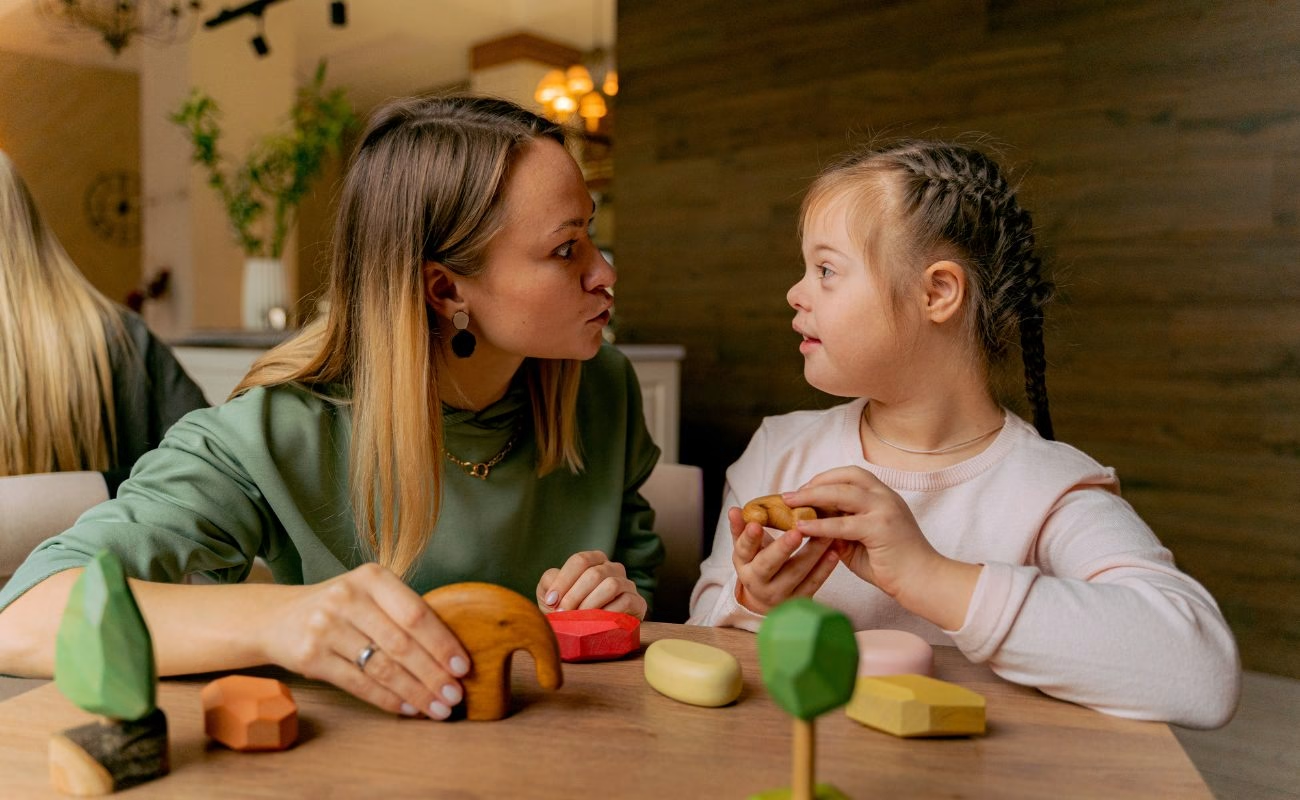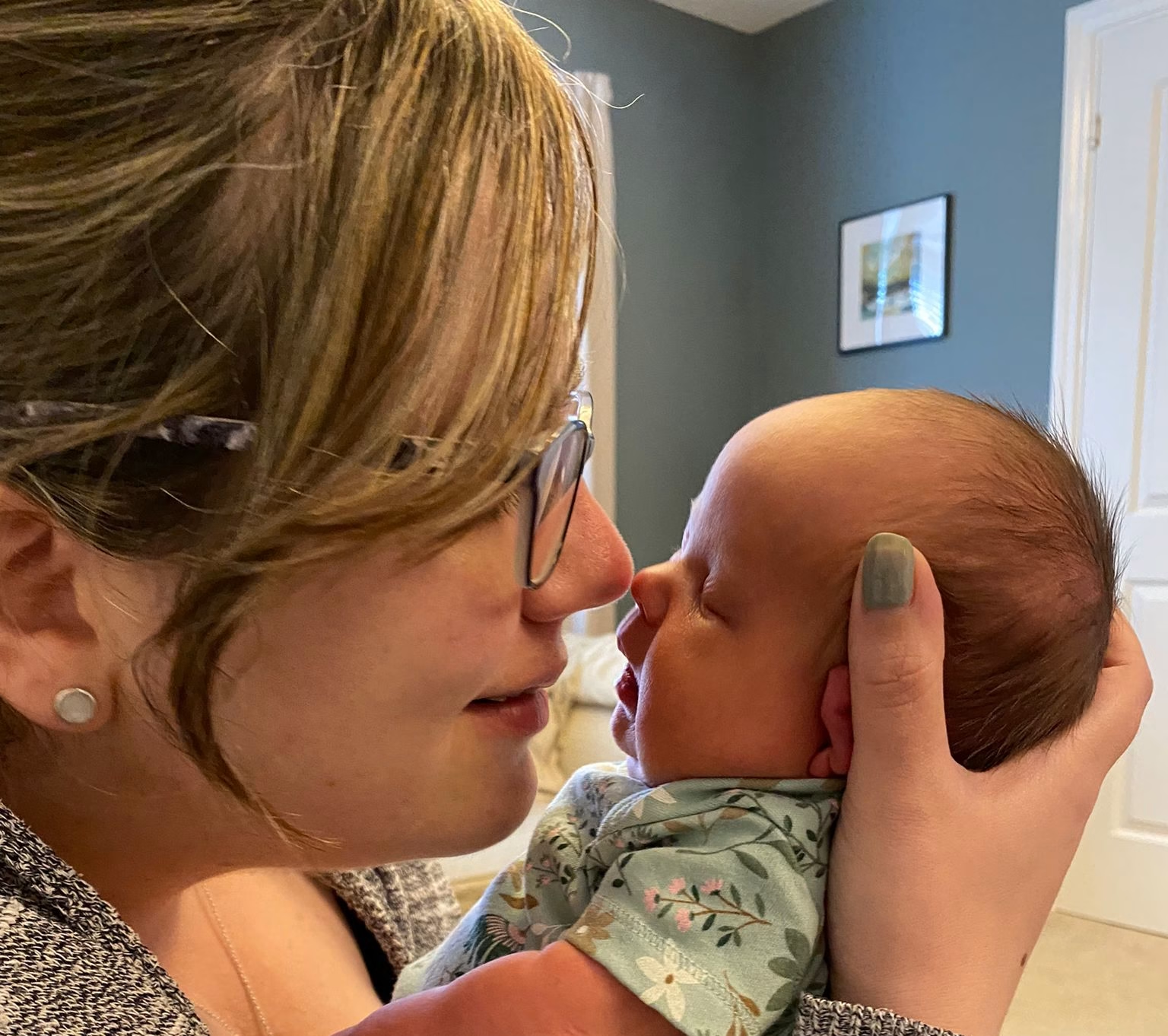Creating a will for families of people with Down syndrome: why it matters and how to do it right
- by Helen Taylor, TEP
One of the most crucial steps of planning for the future is creating a properly structured Will that protects your loved one, preserves their benefits, and ensures your wishes are respected.
In this post, we’ll break down everything you need to know about creating a Will, especially tailored for families of children and adults with Down syndrome.
What is a will and why is it essential?
A will is a legally binding document that comes into effect when you die. It sets out who should inherit your estate, which includes your money, property, investments, and personal belongings. More than just dividing assets, a Will can:
- Appoint guardians for minor children.
- Help reduce inheritance tax.
- Ensure that vulnerable loved ones are cared for in the best possible way.
If you have a child with Down syndrome, creating a specialist will is even more important. Without one, your child might inherit money directly, potentially putting their means-tested benefits and access to social care at risk. A carefully drafted Will can protect them from financial exploitation or mismanagement and improve their quality of life.
What happens if you don’t have a will?
Dying intestate (without a will) means your estate will be divided according to the Intestacy Rules, which may not reflect your wishes. Key issues include:
Assets may pass automatically to your children when they turn 18 (or 16 if receiving certain benefits like ESA). This can disrupt their means-tested benefits and care arrangements.
Your surviving spouse or civil partner may not inherit everything, and family members might even need to sell the family home.
Cohabiting partners, stepchildren, friends, and charities are not provided for under intestacy.
These risks are especially significant when you have a child with Down syndrome. The law could unintentionally harm their financial security and future support.
The risks of a simple will
While any Will is better than none, a simple will that leaves assets “absolutely” (directly) to your child with Down syndrome can cause problems:
They might not have capacity to manage an inheritance.
Direct inheritance can affect their DWP benefits and Local Authority-provided care packages.
They may become vulnerable to financial exploitation or abuse.
This is why it’s crucial to use the right kind of will, designed specifically to protect a vulnerable beneficiary.
The right kind of will: trusts for protection
A specialist Will includes a trust that holds your child’s inheritance safely. There are two types of Trusts typically used for this purpose:
Disabled person’s trust:
Specifically designed for disabled beneficiaries (e.g. in receipt of higher-rate DLA or PIP).
Allows the inheritance to be disregarded for means-tested benefits.
Only your child can benefit (with minor exceptions).
Tax-efficient but less flexible.
Discretionary trust:
Offers more flexibility and future-proofing.
Trustees can decide how and when funds are used.
Also allows for means-tested benefits protection if the beneficiary qualifies as disabled.
Both types ensure your child’s inheritance is ringfenced –available to enhance their life without risking their benefits or exposing them to financial risks.
Why it’s important to inform family members
Even if you create a specialist will, gifts from other family members’ Wills can unintentionally cause problems. Encourage your relatives to:
Include a Disabled Person’s Trust or Discretionary Trust in their own Wills.
Consider contributing to the Trust you establish.
This helps ensure that any inheritance meant for your child doesn’t disrupt their benefits or care.
Key takeaways: creating the right will
- A simple will isn’t enough if you have a child with Down syndrome.
- Use a specialist will with a trust (Disabled Person’s Trust or Discretionary Trust).
- Ensure family members understand the importance of leaving assets into the Trust.
- Consult a solicitor with expertise in this area, such as a STEP (Society of Trust and Estate Practitioners) member or a Lifetime Lawyer.
Getting professional help
Planning a Will can feel overwhelming, but you don’t have to do it alone. Seek legal advice from specialists who understand the complexities of planning for a child with Down syndrome.
Look for accredited solicitors through:
Plan today for a secure tomorrow
Creating the right will isn’t just a legal necessity—it’s a vital act of love and protection for your child’s future. By planning ahead, you can safeguard their benefits, prevent financial risks, and provide peace of mind for years to come.
Share this post









